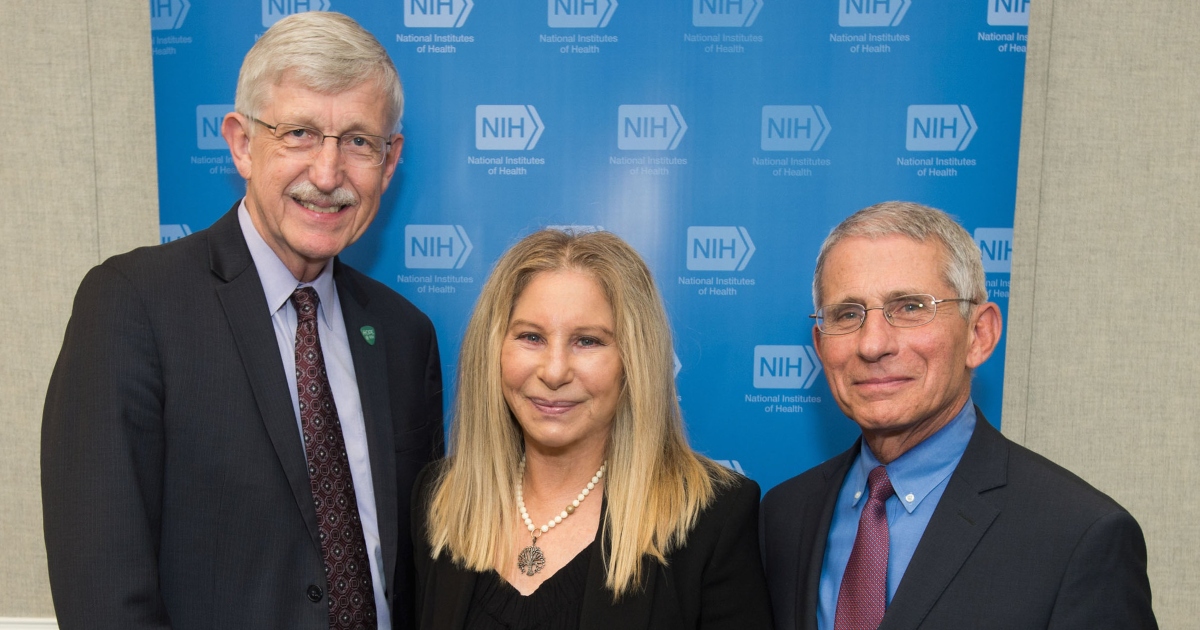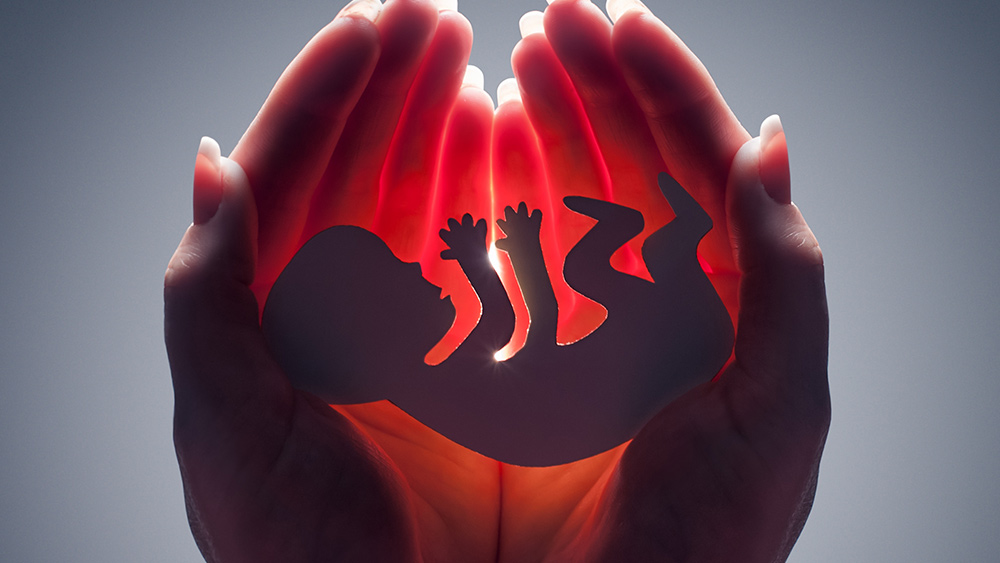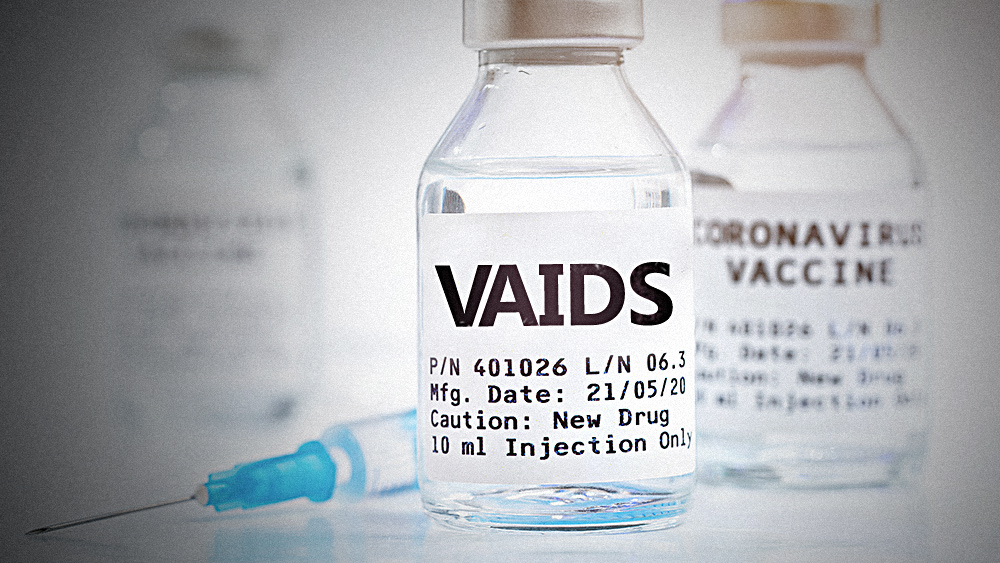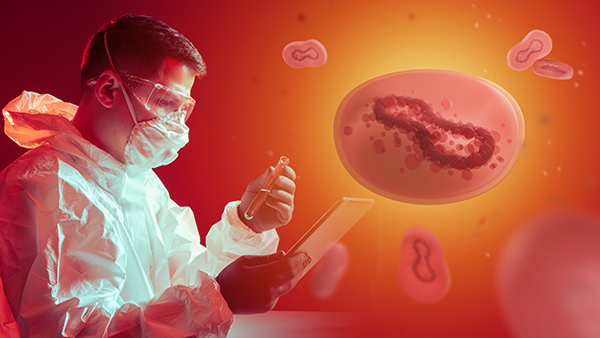New Jersey doubles down on unconstitutional newborn screening policy despite lawsuit over privacy violations
06/19/2024 / By Laura Harris

New Jersey Attorney General Matthew Platkin and the New Jersey Department of Health (NJDOH) have reaffirmed their stance on the state’s controversial newborn screening policy following unsuccessful settlement negotiations.
The newborn screening policy, which requires every baby to be tested for 61 disorders within 48 hours of birth, intends to detect numerous rare and potentially deadly conditions in newborns.
However, the program sparked controversy when the New Jersey Office of the Public Defender revealed in 2022 that the New Jersey State Police had utilized years-old blood samples from the newborn screening program to aid in a criminal investigation. The State Police had subpoenaed the testing program to obtain a blood sample from a child whose father was a suspect in an assault case without probable cause for a warrant. The DNA analysis of the child’s blood was then used to secure a warrant for the father’s DNA, leading to his indictment for a 1996 sexual assault.
Moreover, a subsequent public records lawsuit filed by the Office of the Public Defender and news outlet New Jersey Monitor revealed that the newborn screening laboratory had received five subpoenas from four different law enforcement agencies over approximately five years. (Related: Mass genetic surveillance: Police now seeking access to newborn blood samples to build DNA database for future criminal investigations.)
In line with this, a group of parents represented by the public interest law firm the Institute for Justice (IJ) has filed a class action lawsuit demanding a change to this practice. The class-action lawsuit contends that the state’s retention of dried blood samples used in screenings and their repurposing violate privacy protections under the Fourth Amendment. The plaintiffs demand that the courts prohibit the state from retaining newborn blood samples post-screening unless parents are informed about the potential uses and give explicit consent.
Human knowledge is under attack! Governments and powerful corporations are using censorship to wipe out humanity's knowledge base about nutrition, herbs, self-reliance, natural immunity, food production, preparedness and much more. We are preserving human knowledge using AI technology while building the infrastructure of human freedom. Speak freely without censorship at the new decentralized, blockchain-power Brighteon.io. Explore our free, downloadable generative AI tools at Brighteon.AI. Support our efforts to build the infrastructure of human freedom by shopping at HealthRangerStore.com, featuring lab-tested, certified organic, non-GMO foods and nutritional solutions.
The parents have engaged in repeated discussions with state officials, but these efforts have met staunch resistance from the state.
“I was hopeful that we could reach an agreement that would respect the rights of babies born in this state, but New Jersey still refuses to ask parents for consent to keep baby blood after the initial screening is done. New Jersey also refuses to recognize any wrongdoing in keeping baby blood and continues to deny parents the right to decide what’s in the best interest of their own children. I’m committed to continuing this lawsuit, so all babies born in this state can be safe from this government overreach,” said Hannah Lovaglio, one of the parents involved in the lawsuit.
The plaintiffs have requested the court set a deadline of June 25 for the state to respond to their complaint, a timeline to which state attorneys reportedly did not object.
“New Jersey had the opportunity to fix this problem without litigation. Instead, they’ve continued to operate under the flawed belief that these baby blood samples belong to the state, not the children from whom they’re taken,” stated IJ Attorney Christie Hebert.
Other states have faced similar legal challenges over retention of baby blood samples
New Jersey is not the only state grappling with legal challenges over the retention of baby blood samples. But unlike New Jersey, other states have agreed to destroy millions of retained blood samples from newborn screening.
For instance, in 2009, the Texas Department of State Health Services (Texas DSHS) announced the destruction of more than 5.3 million blood samples taken without parental consent from babies and stored indefinitely for scientific research after settling a federal lawsuit filed by the Texas Civil Rights Project.
In Minnesota, the state’s Department of Health had done the same in 2014 following a settlement with 21 families that resulted in about 1.1 million archived dried blood spot cards and newborn screening test results from its archives being disposed of.
Similarly, the state of Michigan agreed to destroy more than three million dried blood spots taken from babies and kept in storage after a partial settlement in the then-ongoing lawsuit over consent and privacy in the digital age.
Visit PoliceState.news for more stories about questionable methods used in police investigations.
Watch this video about police grabbing people’s DNA at checkpoints.
This video is from the channel High Impact Flix And More on Brighteon.com.
More related stories:
Scientists seek to collect a ‘blood database’ of all U.S. newborns for ‘research’ purposes.
Texas ordered to destroy five million blood samples illegally taken from babies without consent.
Newborn screening can cause unnecessary parental stress.
Explosive report: 98% of newborn babies are genetically screened.
Sources include:
Submit a correction >>
Tagged Under:
antipolice, big government, blood samples, crime investigations, DNA, freedom, genetic profiling, genetic sampling, insanity, Liberty, national security, outrage, police state, precrime, privacy watch, Resist, revolt, surveillance, uprising
This article may contain statements that reflect the opinion of the author





















